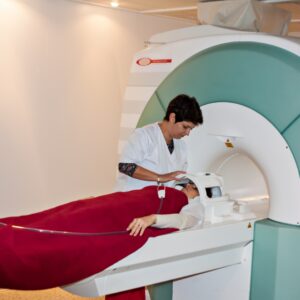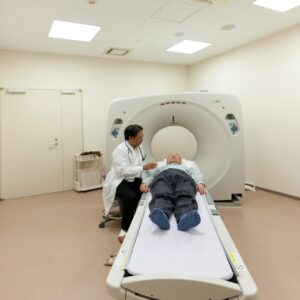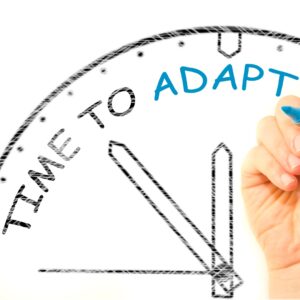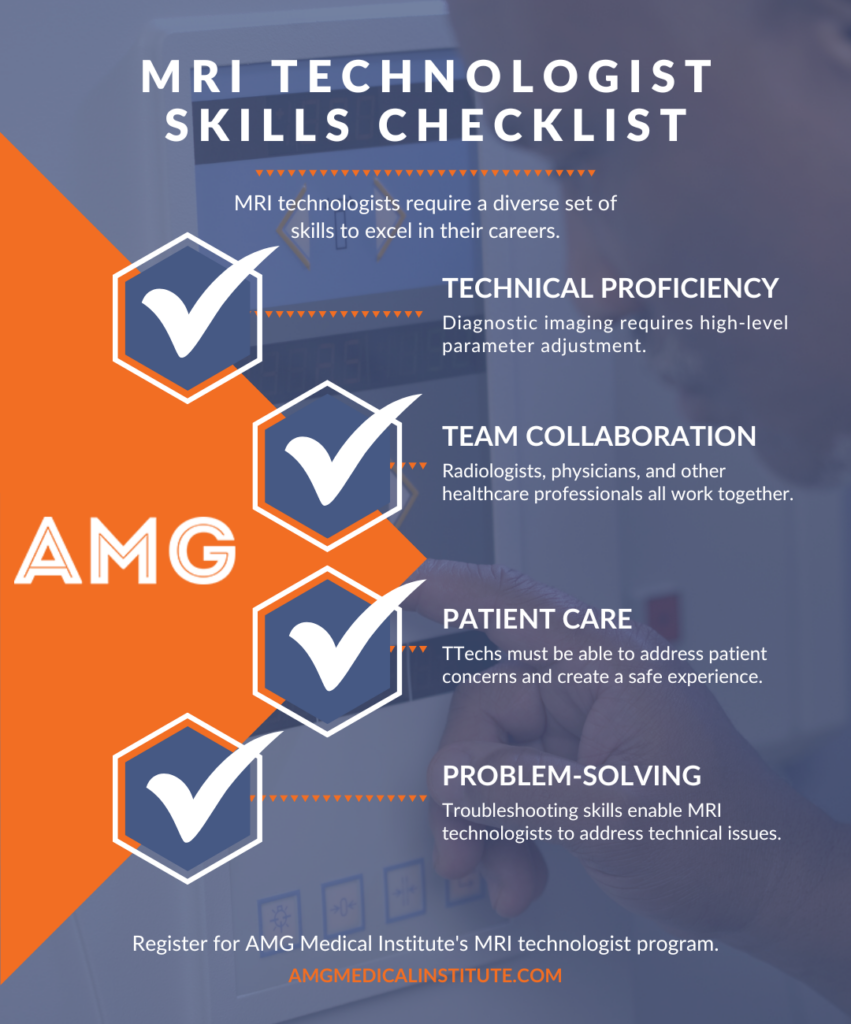MRI technologists contribute to the early detection of diseases, the assessment of treatment effectiveness, and the overall improvement of patient care. Their role is pivotal in the healthcare system, as they operate magnetic resonance imaging (MRI) machines to capture detailed images of the body’s internal structures.
Mastering the skills required to perform MRI scans accurately and efficiently requires more than theoretical knowledge. Hands-on training is essential for MRI technologists to develop the proficiency and confidence needed to excel in their roles. At AMG Medical Institute, we provide our students with immersive learning experiences that prepare them for successful careers. Keep reading to learn more about the importance of these lessons.

Technical Proficiency
Operating MRI machines requires precise coordination and technical skill. Hands-on training at our New Jersey MRI tech school allows students to familiarize themselves with the equipment, practice positioning patients correctly, and adjust imaging parameters to obtain optimal results. By gaining hands-on experience under the guidance of experienced instructors, students can develop the proficiency needed to perform MRI scans accurately and efficiently.

Problem-Solving Skills
In real-world clinical settings, MRI technologists may encounter unexpected challenges or technical issues while performing scans. Hands-on training provides students with opportunities to troubleshoot common problems, such as patient discomfort or equipment malfunctions, in a controlled environment. By learning how to address these challenges effectively during their education, students can better handle similar situations in their future careers.

Patient Care Techniques
MRI technologists interact closely with patients before, during, and after imaging procedures, providing reassurance, answering questions, and ensuring their comfort and safety. Hands-on training at our New Jersey MRI technician programs allows students to practice patient care techniques, such as positioning and immobilization, communication, and monitoring vital signs. By honing these skills in simulated clinical scenarios, students can cultivate empathy, professionalism, and a patient-centered approach to care.

Adaptability and Confidence
The healthcare landscape is constantly evolving, with new technologies and techniques emerging to improve patient diagnosis and treatment. Hands-on training equips MRI technologists with the adaptability and confidence to embrace innovation and stay up to date with industry advancements.

At AMG Medical Institute, we believe that hands-on training is essential for preparing MRI technologists to meet the demands of their profession and make a meaningful difference in patient care. We invite you to enroll in our leading New Jersey MRI technologist program today!
Learn More
